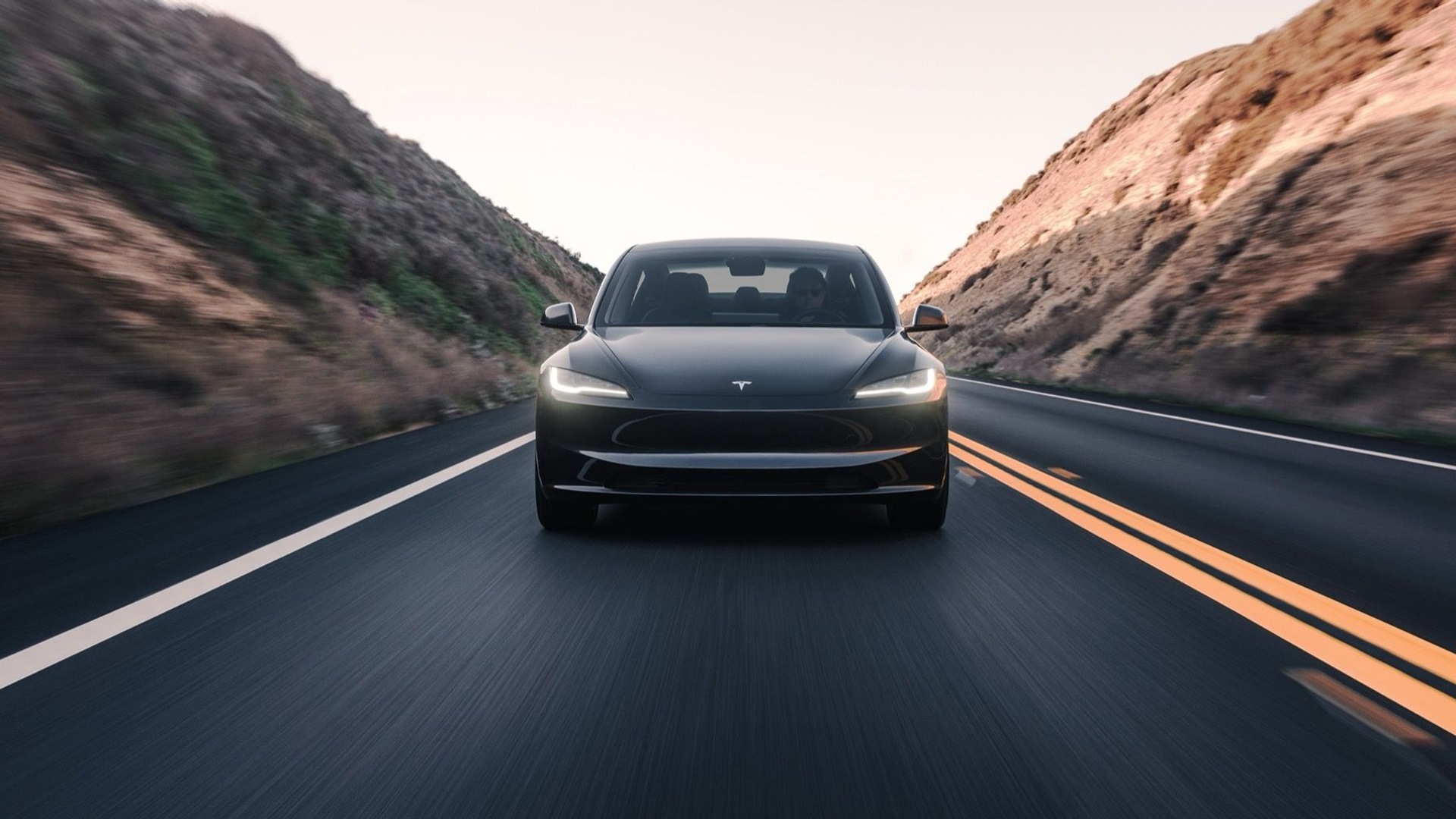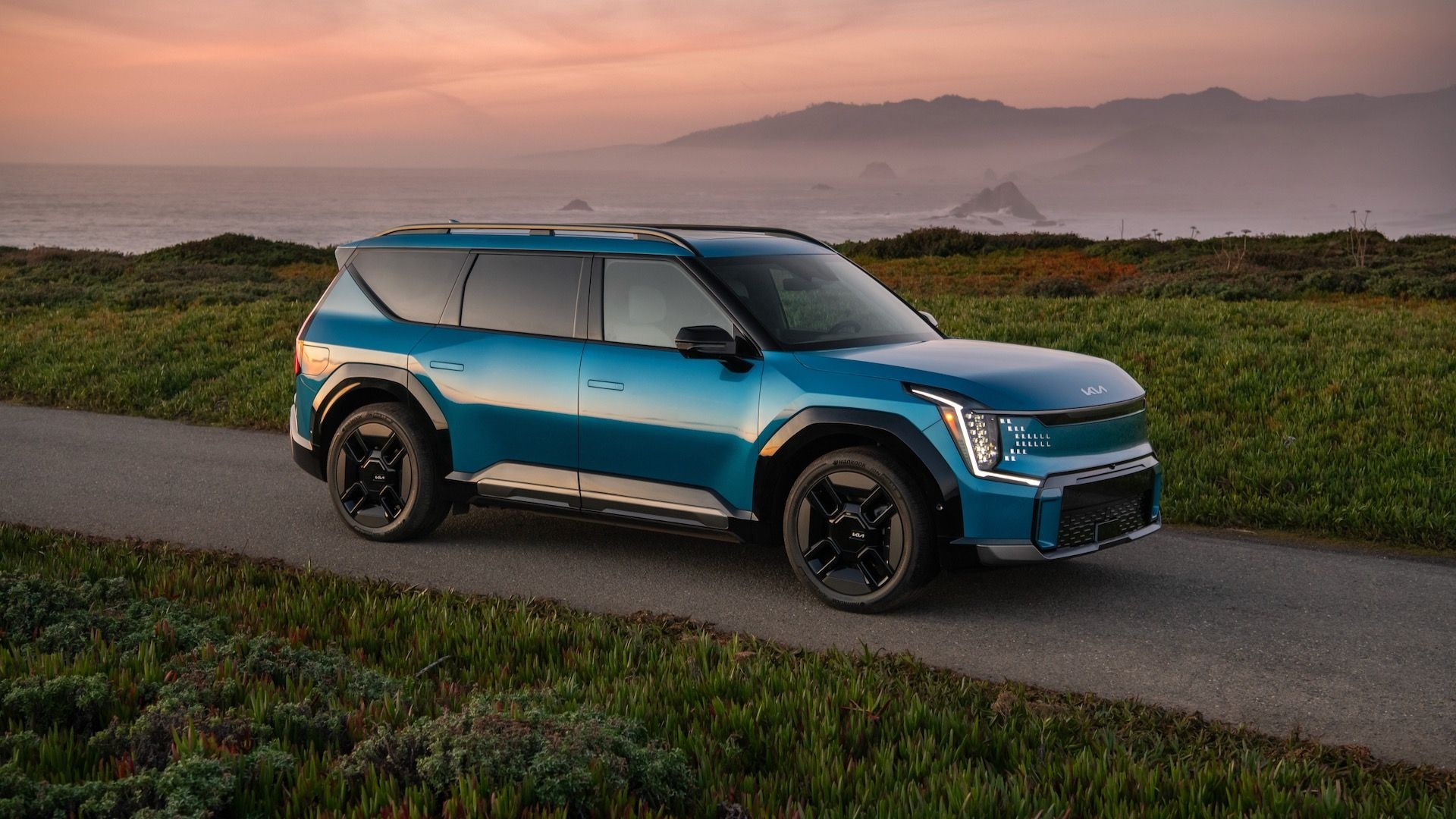As the first electric cars based on its MEB platform roll out in Europe and the United States, the Volkswagen Group is looking ahead to its next generation of EVs.
The automaker on Friday confirmed more details of its Project Trinity flagship electric car, including a launch date of 2026. The car will be a "sporty sedan" that will set "new standards" in range and charging, as well as pioneer a new business model that charges customers to activate software-based features, VW said in a press release.
Project Trinity will also serve as a showcase for new driver-assist tech, another area the automaker plans to focus on. In a separate release, VW said it plans to make autonomous driving "widely available" by 2030.
At launch, the Project Trinity EV will have automation corresponding to "Level 2+" on the SAE scale, but will eventually offer Level 4 capability, VW said. No automaker has offered Level 4 automation, which should allow a car to drive itself in most situations, in a production vehicle yet.
VW previously said the Project Trinity sedan will be built at its Wolfsburg, Germany, factory, which will get upgrades for the job. The automaker also said Project Trinity and related models will be built with fewer variants, and as much standardized hardware as possible. This lays the groundwork for another part of VW's plan.

Volkswagen Project Trinity
With most of the hardware standardized, cars will become "software-based products" with features activated by customers "on demand," VW said. The automaker noted that this will reduce manufacturing complexity, but it also creates a new revenue stream, allowing VW to charge customers for unlocking features after they drive off the dealership lot.
Tesla pioneered this idea, allowing customers to add features like Navigate on Autopilot functionality or extra battery capacity post-purchase. Volkswagen Group CEO Herbert Diess has said the German automaker will eventually leapfrog Tesla in the electric-car market, but it seems VW isn't too proud to learn from its rivals.
With its emphasis on range and driver-assist tech over affordability, Project Trinity could also serve as a closer rival to the Tesla Model S. Its basic platform will likely spawn other models, and will coexist with the MEB platform, which is designed to support higher-volume, lower-priced models.
Trinity may also be related to Project Artemis at VW-owned Audi. Announced last year, Artemis aims to launch a "highly efficient electric car" in 2024, and investigate ways to speed up the vehicle development process.
Ford already plans to use the MEB platform for a European-market EV. Might the new platform developed for Project Trinity be used by other automakers as well?












